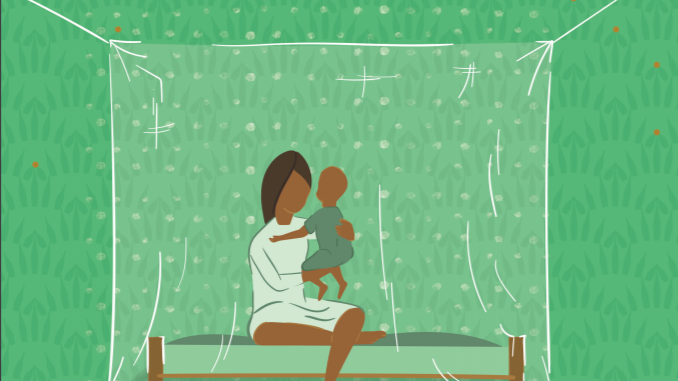
The World Health Organization published Guidelines for malaria vector control this week, drawing on seven Cochrane reviews specially prepared for them by the Cochrane Infectious Diseases Group (CIDG).
With its editorial base at LSTM, CIDG was asked to review all of the evidence that was used in bringing together what WHO have described as a “one-stop shop” for countries and partners working to implement effective malaria vector control measures. Consolidating more than 20 sets of WHO recommendations and good practice statements into one user friendly document, the guidelines support each country to select and implement the most effective interventions for its own unique malaria landscape.
LSTM’s Professor Paul Garner is Coordinating Editor of CIDG. He said: “These guidelines are based on a complete and thorough review of all of the existing evidence regarding various insecticide-treated nets, insecticide residual spraying, space spraying, larviciding, larvivorous fish and repellents. Systematic reviews are at the heart of the guidelines and the work was carried out by a number of Cochrane authors, including a group of early career researchers who brought to the table enthusiasm and commitment to understanding the evidence and identifying best practice throughout, and completed this momentous task in time for the panel”.
The intensive process of reviewing the evidence base for the guidelines enabled WHO to identify where gaps exist, which they describe as critical to refining the research agenda for the ongoing development of the guidelines. WHO also believes that the new guidelines will support malaria control by increasing the level of transparency around the evidence that underpins WHO’s vector control recommendations.
Dr Jan Kolaczinski, Coordinator of the Entomology and Vector Control unit of the WHO Global Malaria Programme, said: “Through greater transparency, we hope that innovators and research partners will understand why new tools and interventions need to be fully evaluated. We really want all malaria stakeholders to recognise the benefits of conducting solid research which, in turn, generates an evidence base from which WHO can develop recommendations.”